Global nuclear arsenal on the rise
The global nuclear arsenal is expected to grow in the coming years for the first time since the Cold War while the risk of such weapons being used is the greatest it has been in decades.
According to the Stockholm International Peace Research Institute, SIPRI, all nuclear-armed states are increasing or upgrading their respective arsenals while most are sharpening their nuclear rhetoric and the role nuclear weapons play in their military strategies.
After some three decades of a reduction in the global stockpile of nuclear weapons, the world seems to be on the brink of witnessing a reversal of this trend.
The Stockholm International Peace Research Institute’s yearly report states that all 9 possessors of nuclear weapons namely, the United States, Russia, the United Kingdom, France, China, India, Pakistan, Israel, and the Democratic People’s Republic of Korea—continue to modernize their nuclear arsenals.
The SIPRI says the total number of nuclear weapons declined slightly between January 2021 and January 2022, however a senior associate with the think-tank says there is evidence of change in where the world is headed and warned that this is a very worrying trend.
The trend in nuclear weapons worldwide has been witnessing a declining trend for a long time; it is now lower than one-fifth of what was within the arsenals of the nuclear powers at the top of the Cold War in the 1980s.
And now, SIPRI’s report comes at the height of mixed signals regarding nuclear diplomacy.
Earlier this year, the five UN veto wielding powers, China, France, Russia, the United Kingdom, and the United States declared their intention to take action against the further spread of nuclear weapons.
But the think tank asserted that all five countries had since further expanded or modernized their arsenals.
The United States has attempted to take control as a unipolar power. And it's been a calamity for around the world, actually, for so many countries in so many ways. And for the last few decades, they've been driving forward, they have abandoned the nuclear treaties that were handled hammered out over the last part of the 20th century.
Judith Bello, United National Antiwar Movement
According to SIPRI, the ongoing conflict in Ukraine and the Western support for Kyiv has heightened tensions among the world's nine possessors of nuclear weapons. But the main issue seems to be around simmering tensions between Russia and the US.
SIPRI reports that Russia and US possess about 90 percent of all nuclear warheads in the world.
While the watchdog says the number of nuclear warheads in both countries fell in 2021, it states that the decline was mainly due to the dismantling of those, which the military had already abandoned years ago.
SIPRI says that out of the total number of global nuclear warheads an estimated 3,732 were deployed with missiles and aircraft, and around 2,000 were kept in a state of high readiness, nearly all of which belong to either Russia or the United States.
The Russian military doctrine allows the battlefield use of nuclear weapons, and the Biden administration has discussed possible responses. But who is following the path of war more, risking the use of nuclear weapons?
The United States is definitely driving this process are driving NATO ever closer to Russia. And I think that when you say the US and its allies, you have to realise that Russia has a lie allies as well. And those alliances are being strengthened by the US aggression that's happening right now.
US aggression in the Middle East has driven Syria and so other country and Turkey actually who are not getting along with each other, but they're both being driven more into Russia and China's orbit and out of the US economic centre.
And now with NATO pressing up against the borders of Russia. I mean, it's truly a terrible thing to do. And not to acknowledge that anyone has interest except the United States.
So of course, Russia is going to defend their borders.
Judith Bello, United National Antiwar Movement
Meanwhile, as the west proceeds with its acts of aggression across the globe, it has also ramped up its rhetoric against Iran. This comes as one of the US’s closest allies, Israel, which also possesses nuclear weapons, has made threats against the Islamic republic.
Israeli Prime Minister Naftali Bennett claimed that Tehran was drawing dangerously close to producing nuclear weapons. The accusation comes despite Tehran’s strong rejection of producing or even considering nuclear weapons. Bennett also called on the global community to ramp up efforts against Tehran, saying Iran’s nuclear program won’t stop until it’s stopped
The warmongering aspirations of the US and its allies come while the world seems to be faced with many other challenges. Relations across the globe seem to have deteriorated further at a time when humanity and the planet face an array of profound and pressing common challenges.
And while such difficulties could only be addressed by international cooperation, many including the US, seem to be more focused on aggressive policies.
VIDEO | Austrians arrested at Gaza protest in Vienna
10 killed in bus crash in western Iran
5 Israeli forces killed as Palestinian fighters face up to regime’s war machine
VIDEO | An insider's view of the country: Persian Tahini, Royan in Mazandaran
VIDEO | Israeli settler killed during strike against Tel Aviv; fresh aggression targets Yemen’s capital
VIDEO | Yemen’s missile strikes on Tel Aviv
Iran to open 6 GW of new power capacity by next summer
VIDEO | South Korean rallies set the stage for battle over Yoon's impeachment


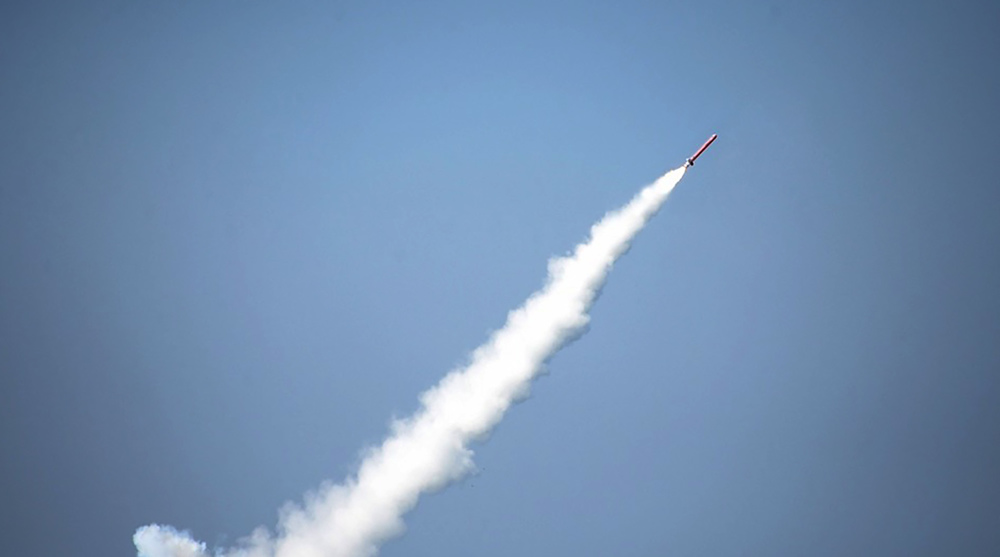
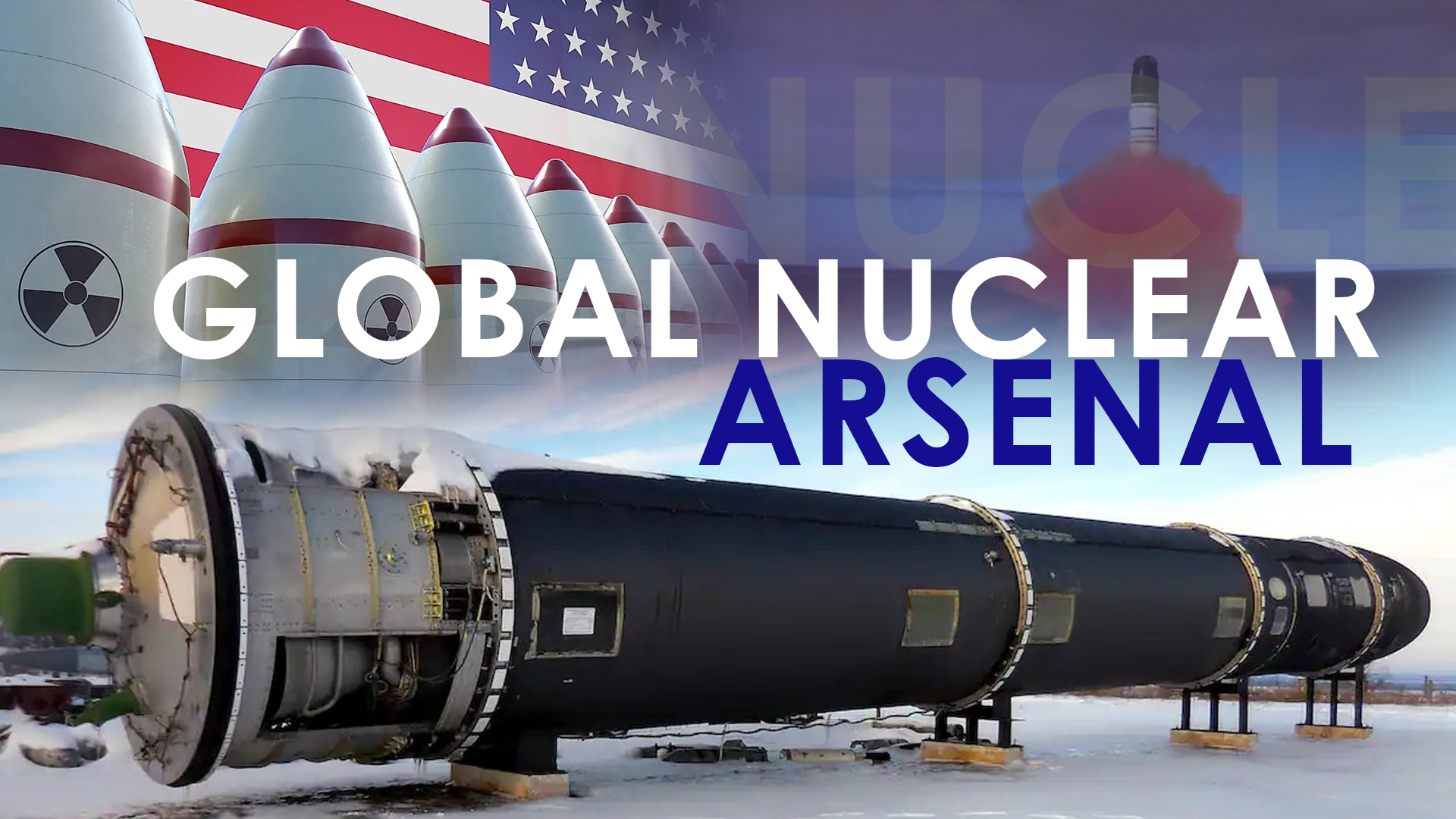
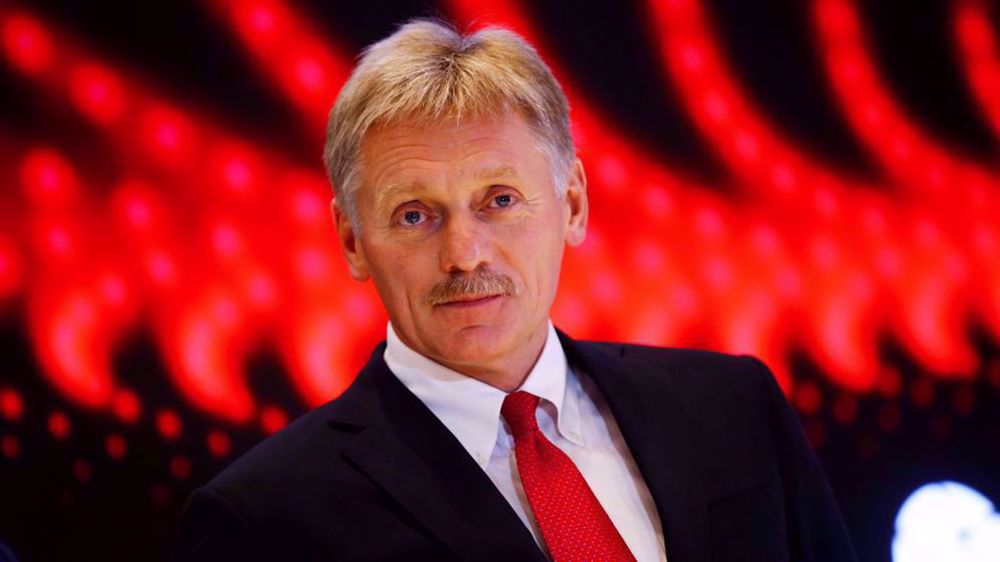
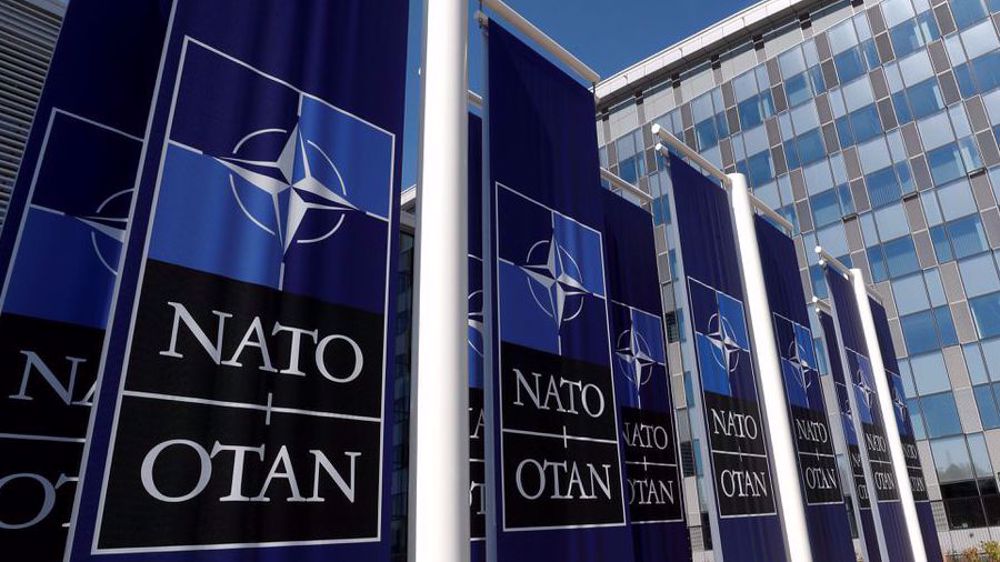
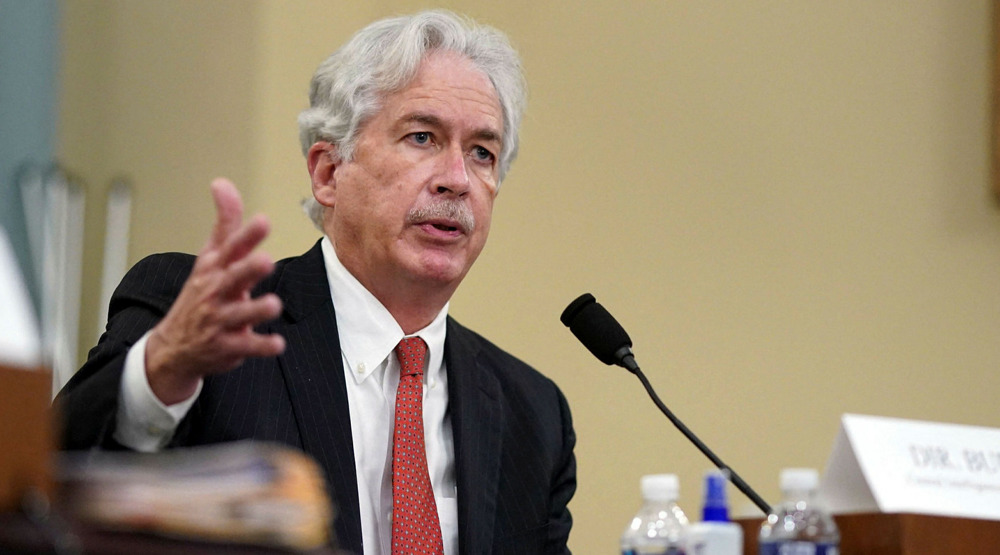
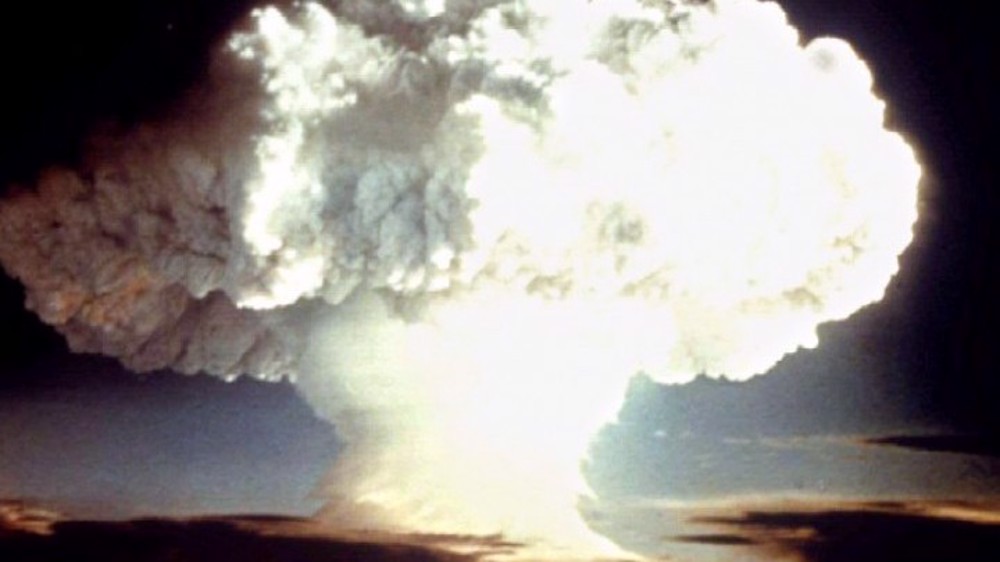
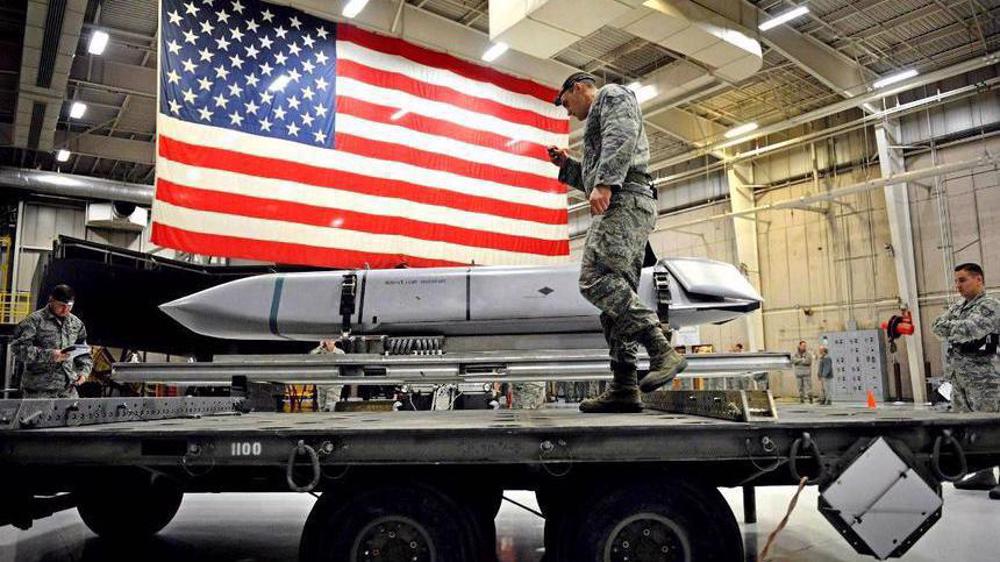
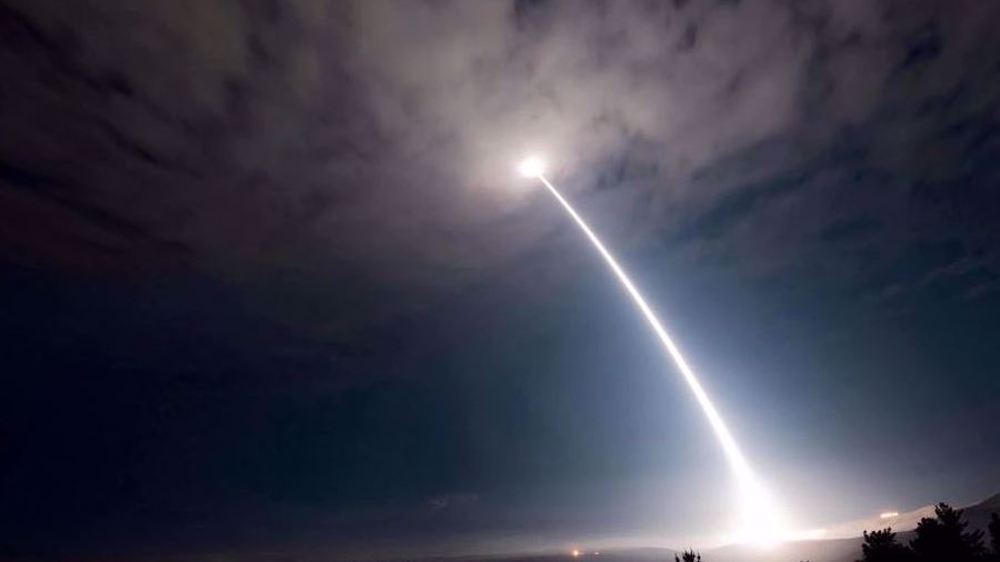
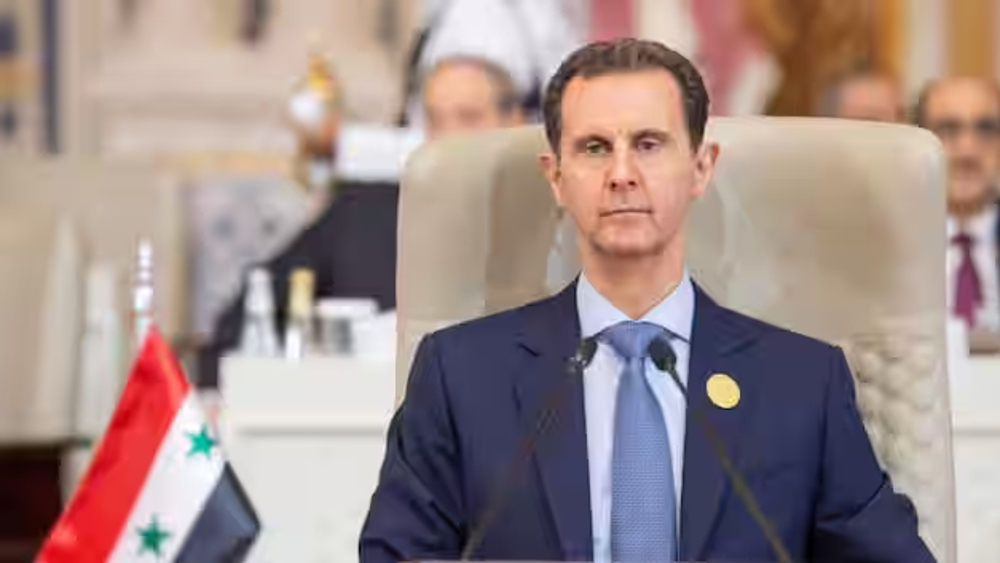

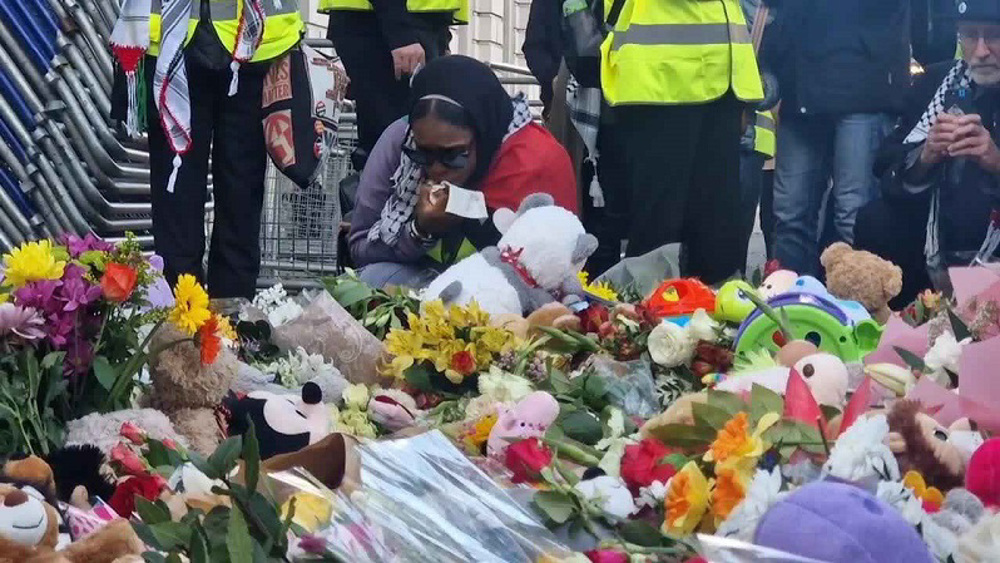



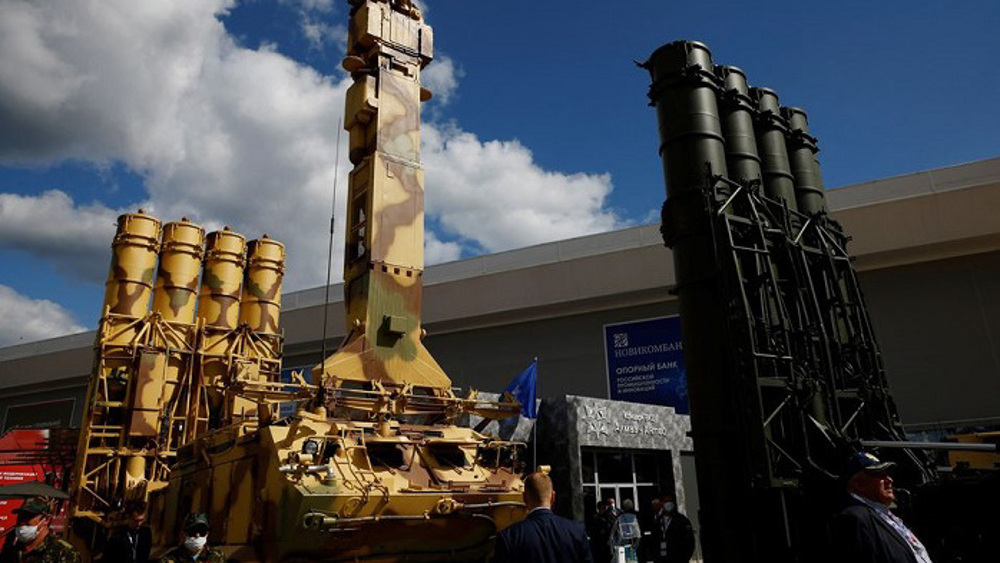
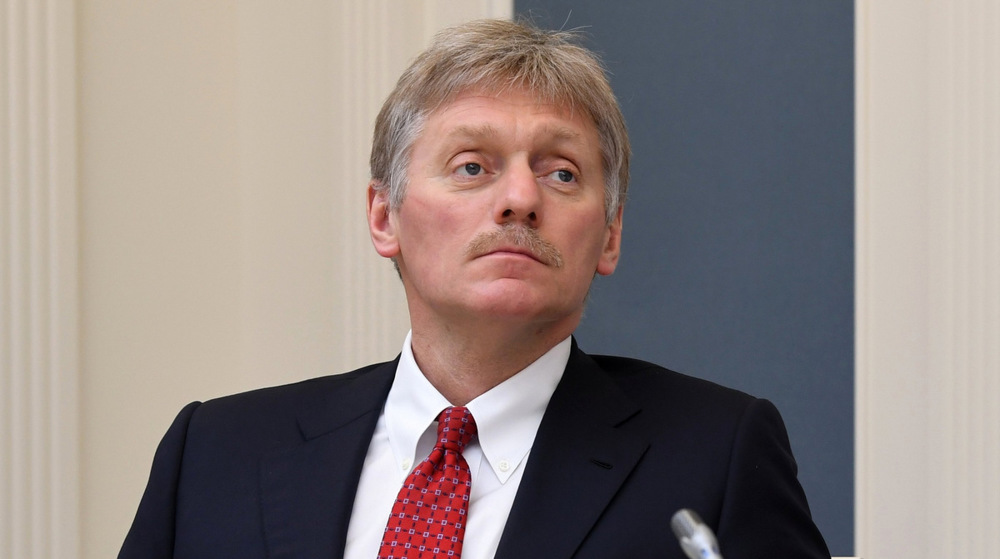
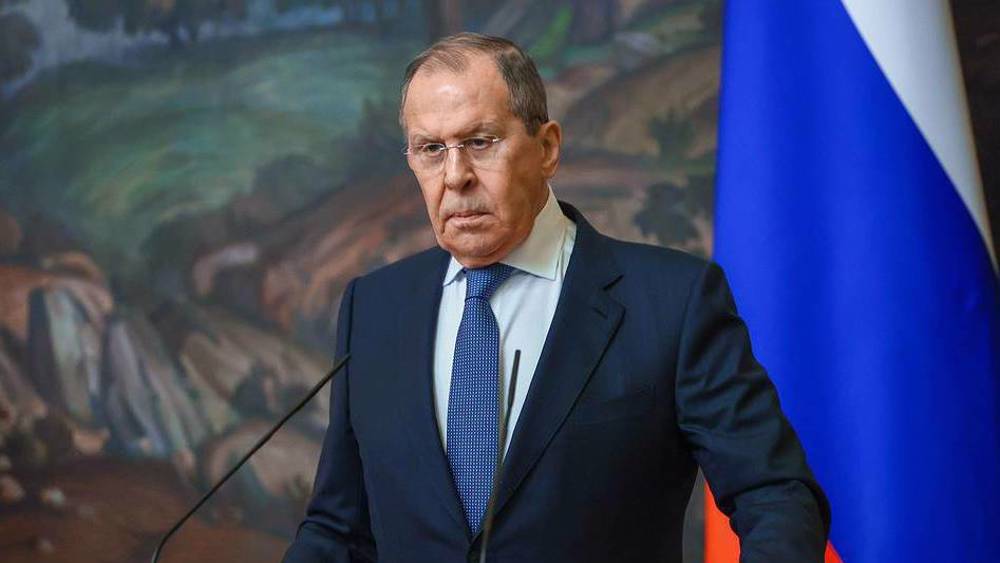
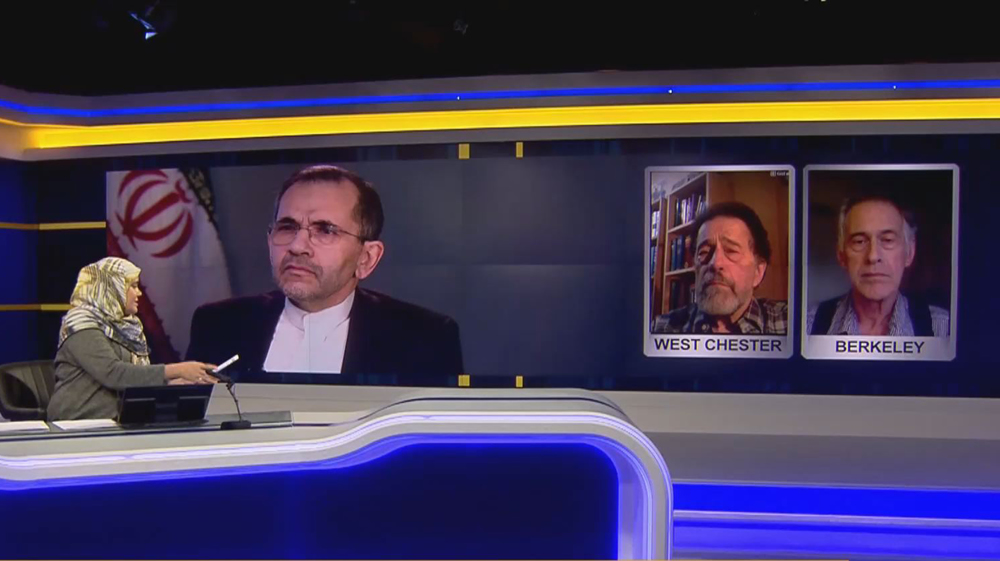
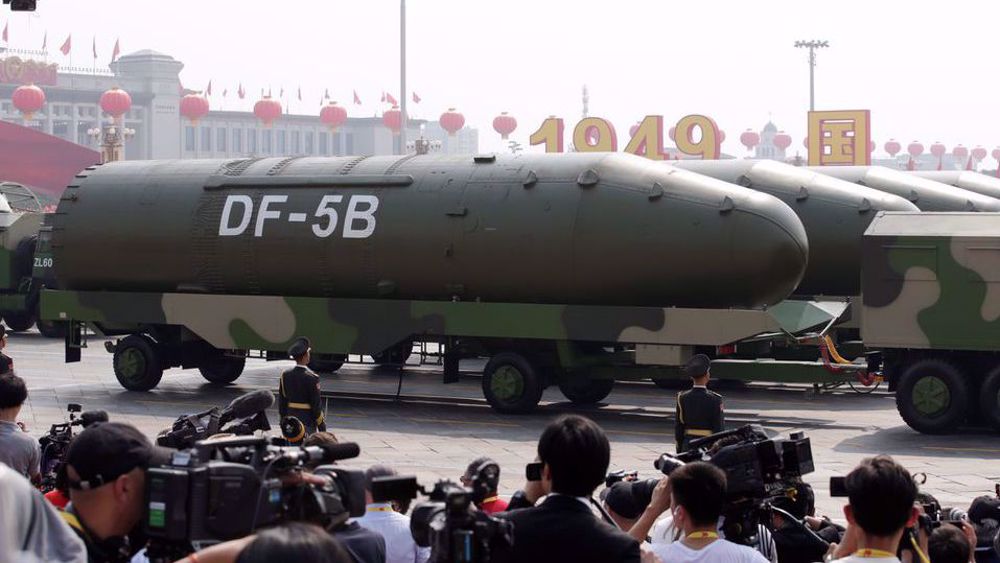
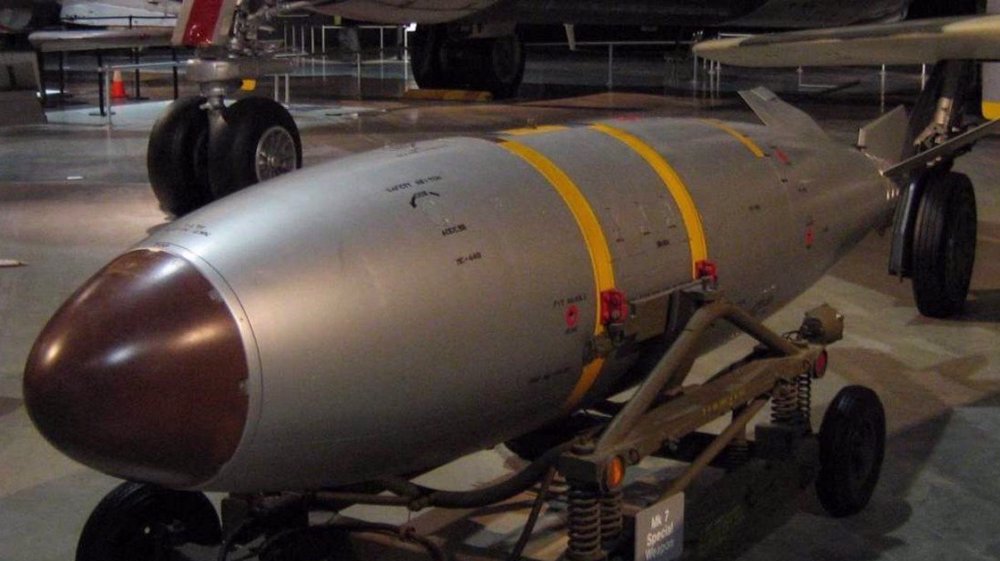
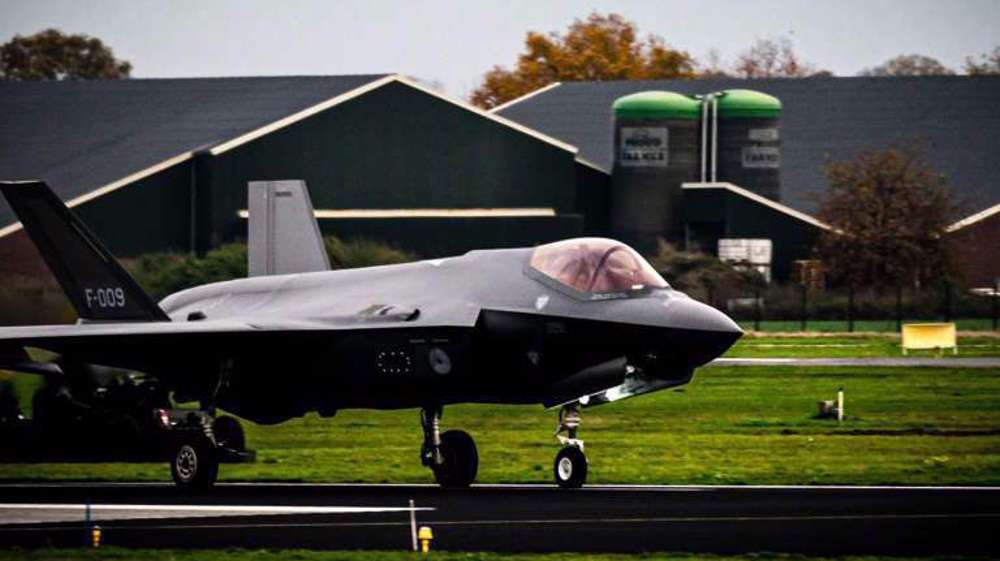
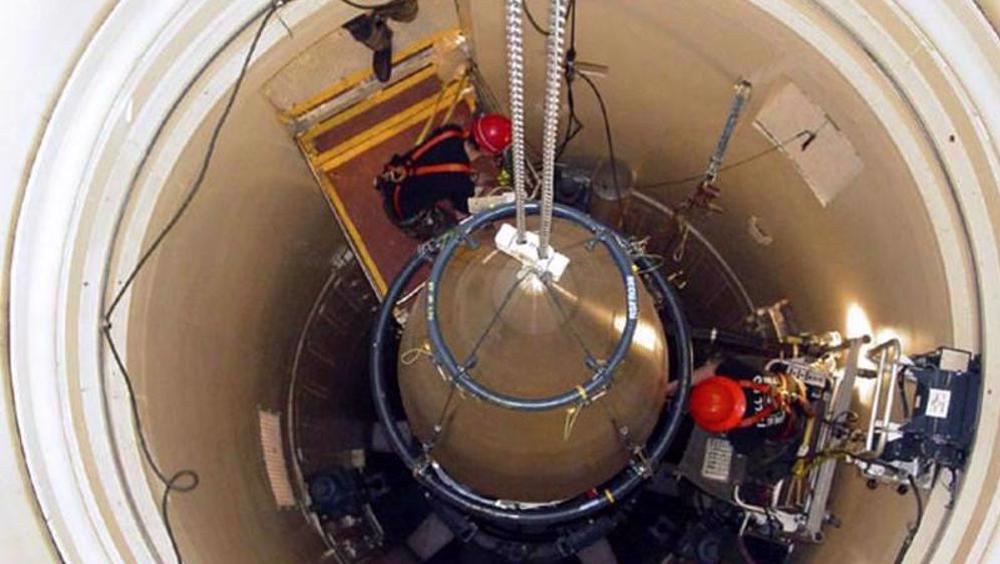
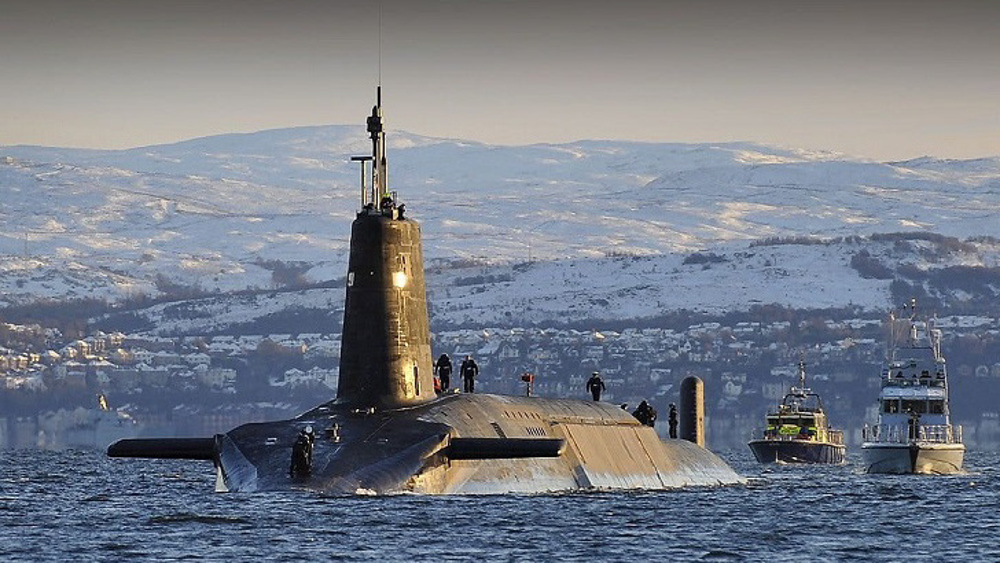
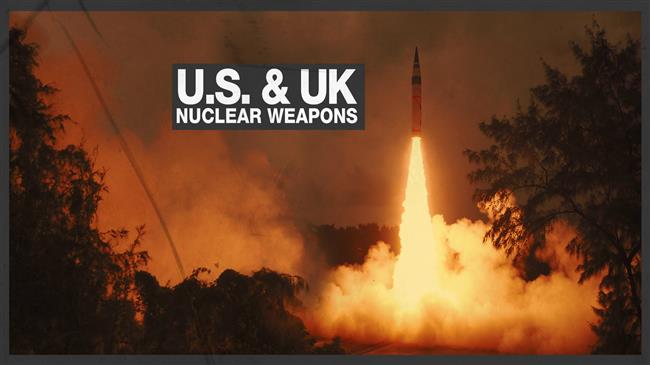

 This makes it easy to access the Press TV website
This makes it easy to access the Press TV website